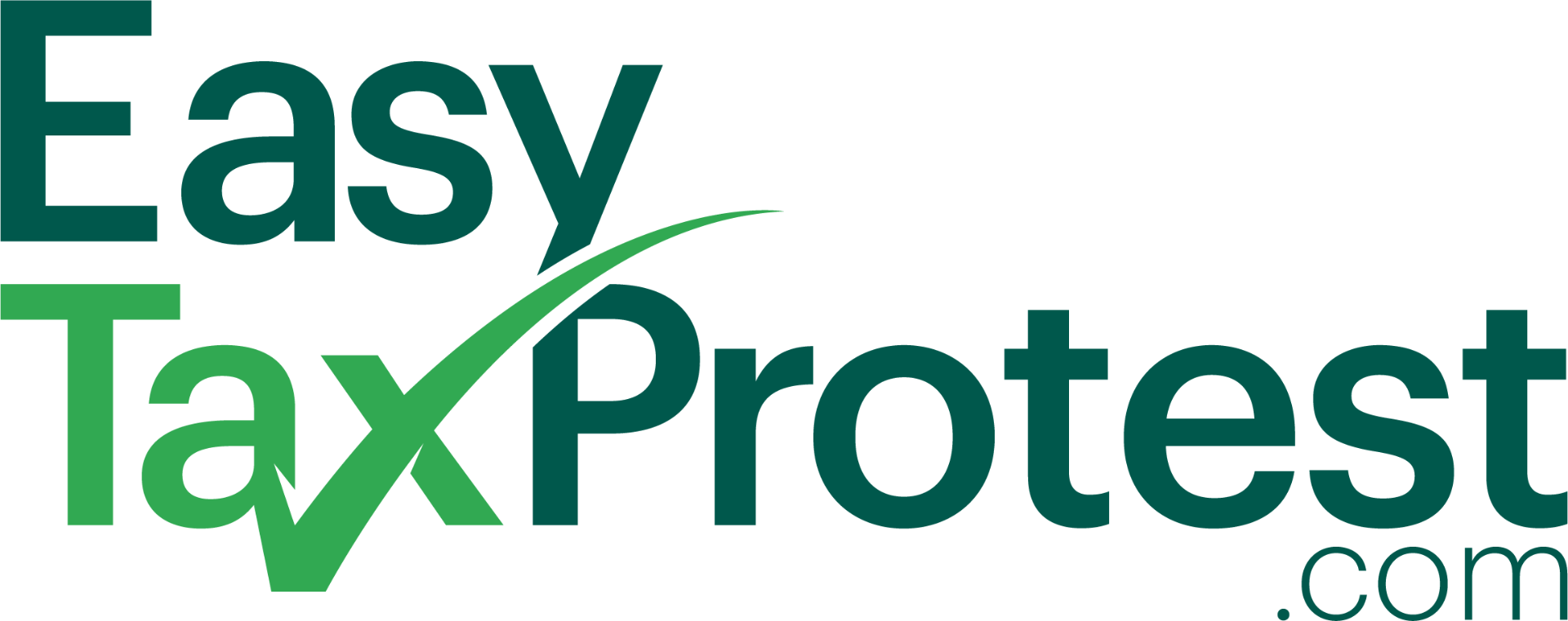
Lower Your Property Taxes Guaranteed
Enter your address below for a free property tax reduction estimate
What Our Clients Say
Join thousands of satisfied homeowners who have successfully reduced their property taxes with our help.
"This could not have been an easier process. I entered my address and they did the rest. Austin property taxes are getting crazy, I called in the big guns! These guys are the best."
"We've used everyone from big firms to pricey attorneys and EasyTaxProtest got us better results with less hassle. Highly recommended!"
"Professional service from start to finish. They kept me informed throughout the process and got results. Worth every penny of their fee."
Why Choose Our Property Tax Protest Services?
We've helped thousands of property owners reduce their tax burden with our proven process and expert team.
No Upfront Fees
You only pay when we successfully reduce your property taxes. No risk to you.
100% Guarantee
If we don't reduce your taxes, you pay nothing. It's that simple.
Fast Process
Most protests are completed within 30-60 days. We handle everything for you.
Expert Analysis
Professional appraisers review your property and build a strong case.
Experienced Team
Over 15 years of experience in property tax law and appeals.
Proven Results
95% success rate with average savings of $2,500 per property.
How Our Process Works
Our streamlined 4-step process makes property tax protest simple and risk-free for homeowners.
Enter Your Address
Provide your property address and we'll analyze your current tax assessment against comparable properties in your area.
Property Analysis
Our certified appraisers conduct a thorough review of your property and identify opportunities for tax reduction.
File Your Protest
We prepare and file all necessary paperwork with the appraisal district on your behalf before the deadline.
Save Money
Once approved, enjoy reduced property taxes for years to come. You only pay our fee if we're successful.
Ready to Reduce Your Property Taxes?
Don't overpay on your property taxes. Get started today with our risk-free service and see how much you can save.
